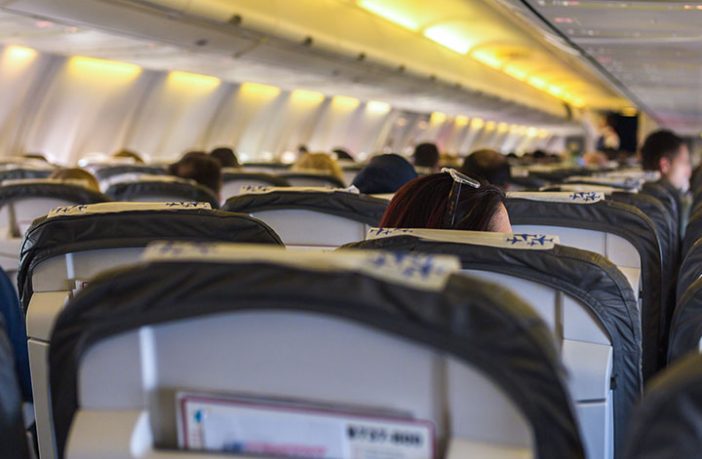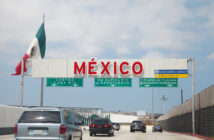During a Tuesday press briefing, President Trump stated that he is “absolutely looking at” a travel ban on Brazil. Asked by a journalist about imposing travel bans on other nations, the President clarified that “we’re looking at certain countries as they become hot.” Trump offered Brazil as an example of this trend, saying that the large and populous South American nation “had no problem until just a short time ago. And now they’re starting to get inflamed.” That is exactly why a potential – and likely – travel ban on Brazil makes sense.
As of the morning of April 2, according to a tracker managed by the Center for Systems Science and Engineering (CSSE) at Johns Hopkins University, Brazil – a country of 210 million – has a total of almost 7,000 total confirmed Coronavirus cases (of which 250 died and 127 recovered, leaving over 6,600 active cases). This may not seem like a large number, but, less than two weeks ago – according to Reuters – there were approximately 600. That is a 1,000 percent increase in a relatively short period of time.
In mid-March, Brazil closed its land borders and implemented travel bans on some countries – including China, South Korea, Japan, Malaysia, and Australia – as well as the EU. However, the United States and many Latin American nations, all of which are impacted by the Coronavirus to one extent or another, were excluded and air travel continued uninterrupted.
Given the above, a travel ban on Brazil would be a legitimate step in the fight against the Coronavirus. Moreover, it would be a prudent policy to safeguard both the American and Brazilian people from a spreading pandemic.
After all, there may be much we still do not know or understand about COVID-19 (most distressingly, we have neither a treatment nor a vaccine for it!). However, we do know that it is highly contagious and spreads exponentially, particularly since individuals without symptoms can still transmit it. And large numbers of people moving around and traveling basically add fuel to a fire. That is why so many governments – at national, state, and local levels – are closing borders, freezing travel, issuing stay-at-home orders, instituting large-scale lockdowns, and closing “non-essential” facilities and schools.
Thus, as Lew Jan Olowski of the Immigration Reform Law Institute (IRLI) aptly pointed out, “just as social distancing works in your community—reducing opportunities for the virus to jump from person to person—so does social distancing work at the border.” In the context of the COVID-19 pandemic our policy should be to err on the side of caution: travel bans can always be reversed, but infections and deaths cannot.




